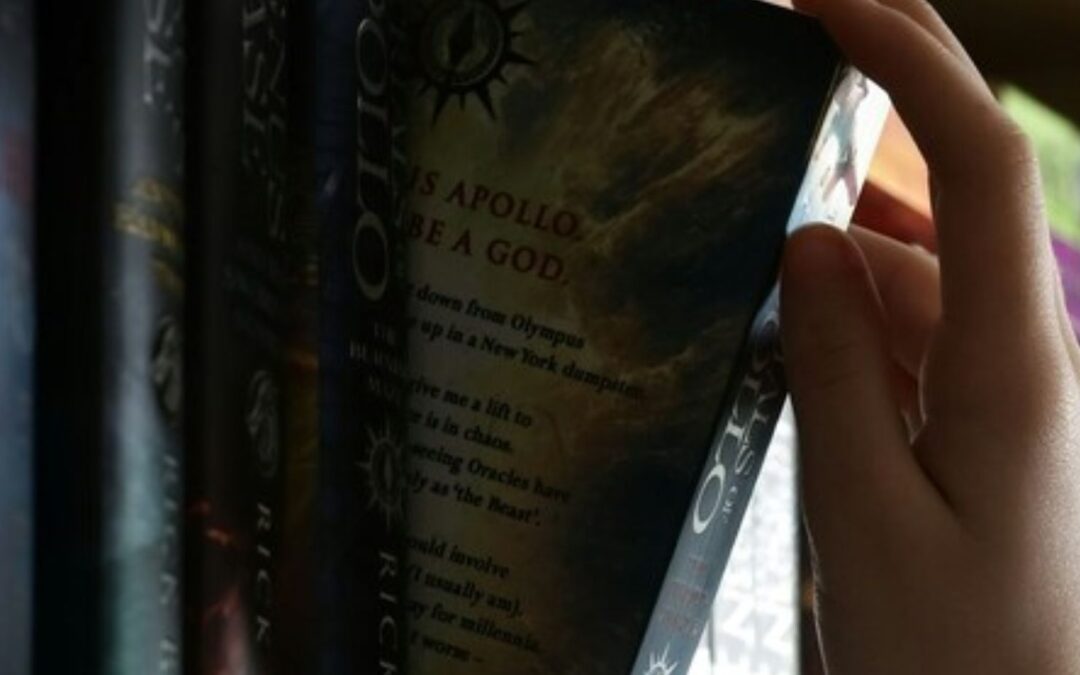In any form of artistic media, or indeed any discipline that requires skill and practice, you will invariably come across people described as experts, either by others or sometimes themselves. The problem is, the term ‘expert’ is extremely vague and nebulous and while we all know what it generally means, where do the boundaries actually lie for getting that kind of prestigious title?
Knowledge
The obvious first step here is having knowledge about the subject and being able to demonstrate it. It doesn’t usually involve knowing every detail on a topic off the top of your head, although that doesn’t hurt your case. What it does tend to mean is knowing enough to be able to discuss and inform on the subject at a much higher level than the average person.
This is the reason that experts are preferred as reviewers, whether that’s for fine art or something like online casino sites. The latter example has a huge amount of moving parts both inside the casino games and across the sites themselves, and it means that if you open up something like a Fortune Tiger slot review on an established casino review site, the person writing it is likely to have hundreds if not thousands of hours logged around the industry.
Qualifications
This is less of a hard requirement but it certainly adds weight to any claim of expertise. An official qualification could be anything from a professional technical certification all the way up to a doctorate depending on the exact topic. At the end of the day, you’re more likely to believe someone’s expertise on, for example, restoring an antique painting if they also happen to have a Master’s degree in Fine Art.
In some cases, achievement can take the place of qualifications if they are substantial enough and have clear impacts in the field. For example, take the case of Boyan Slat, the relatively young CEO of The Ocean Cleanup who is generally considered an expert in the area of removing waste from ocean waters. He managed to rise to this position initially without even a Bachelor’s degree, but few can doubt the expertise behind him.
10,000 Hours
As a final note, we wanted to discuss the 10,000-hour rule, something that if you’ve ever practiced a musical instrument at length, you’ll probably have heard of. The idea is that it takes 10,000 hours to become an expert in a certain skill, and many take it to mean that anyone with less could not fairly be called an expert in it.
Popularised by author Malcolm Gladwell, it has been debunked several times over the past few decades, simply because applying it to different types of skill won’t work. 10,000 hours learning the violin doesn’t equate to 10,000 hours spent creating sculptures or building houses. It makes a great number to target if you’re still learning something, but shouldn’t be given so much importance.
As a final point, always be wary of those who call themselves experts without backing it up. Anyone can call themselves an expert but that doesn’t always mean they are one!


